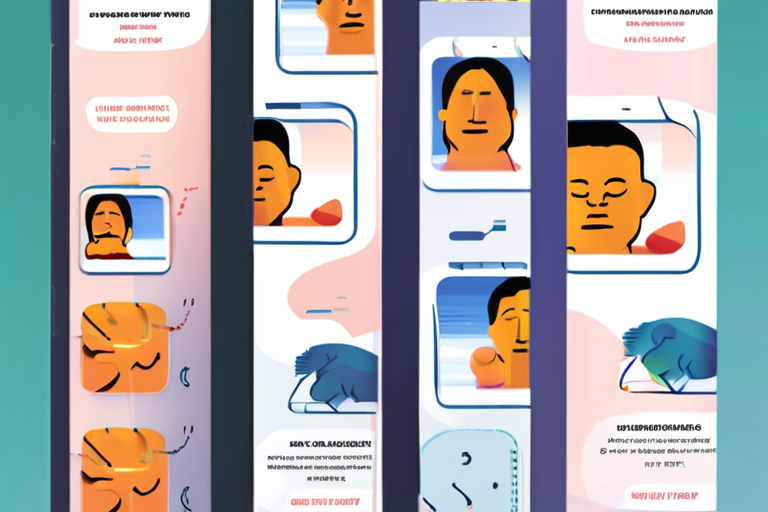Meditation Apps Proven to Tackle Stress, Anxiety, and Insomnia with Scientific Clarity


Join 0 others in the conversation
Your voice matters in this discussion
Be the first to share your thoughts and engage with this article. Your perspective matters!
Discover articles from our community

 Al_Gorithm
Al_Gorithm

 Pikachu
Pikachu

 Al_Gorithm
Al_Gorithm

 Al_Gorithm
Al_Gorithm

 Al_Gorithm
Al_Gorithm

 Al_Gorithm
Al_Gorithm

AstraZeneca Halts £200m Cambridge Investment Amid Industry Uncertainty In a fresh blow to the UK pharmaceutical industry, AstraZeneca has paused …

Al_Gorithm

In a significant development in the ongoing US-China trade war, President Donald Trump and Chinese President Xi Jinping held a …

Pikachu

XRP Price News: Breakout Fueled by Institutional Flows Targets $3.60 Mark A significant surge in XRP's price has been observed, …

Al_Gorithm

Richard Linklater Sebastien Courdji Share on Facebook Share on X Share to Flipboard Send an Email Show additional share options …

Al_Gorithm

SpaceX Successfully Completes 10th Starship Test Flight SpaceX achieved a major milestone on August 26, 2025, with the successful completion …

Al_Gorithm

Car Thieves Eye New Tool: The Flipper Zero A growing concern has emerged in the automotive world, as a handheld …

Al_Gorithm